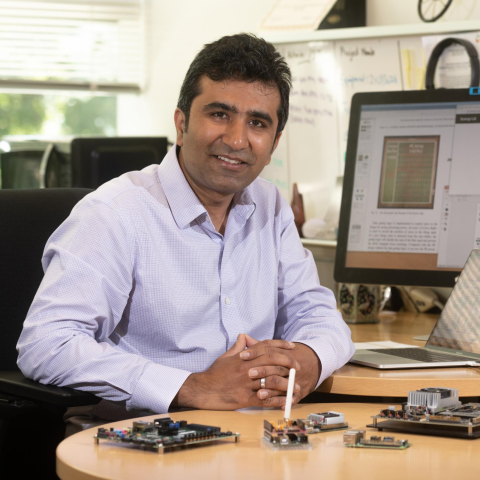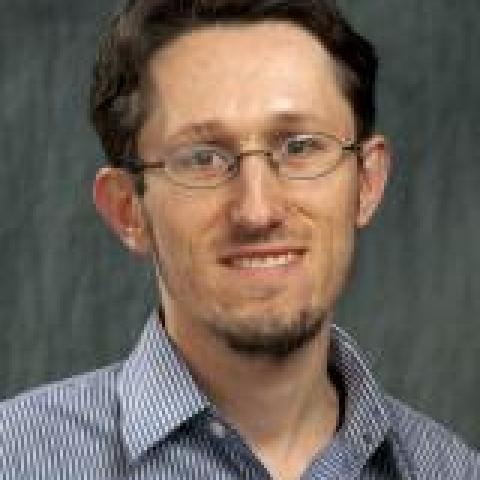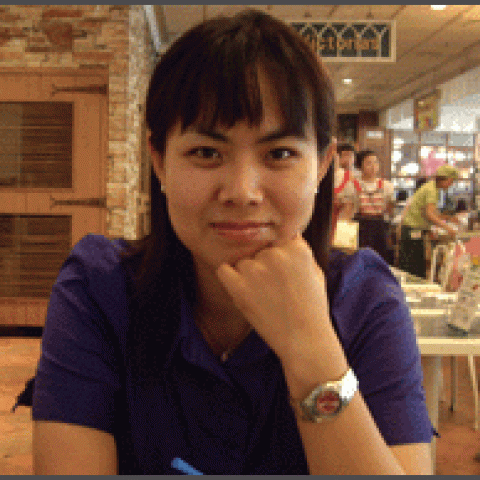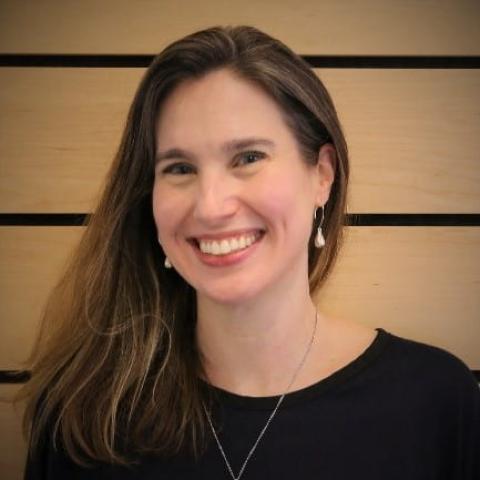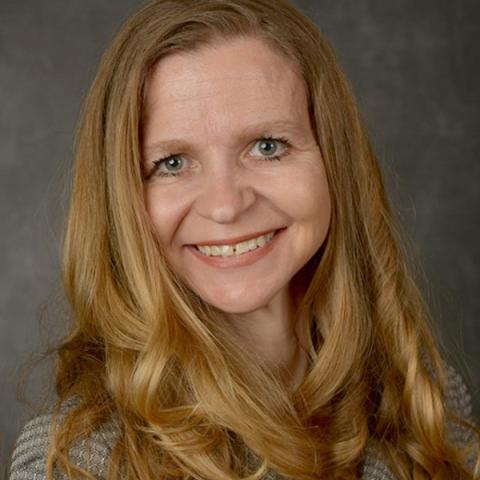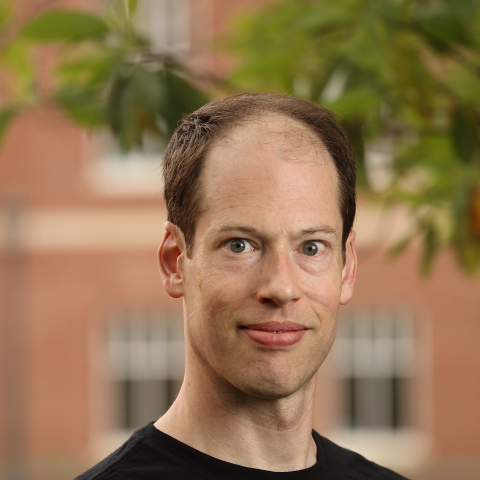Srijan Kumar

Prof. Srijan Kumar is an Assistant Professor in the School of Computational Science and Engineering, College of Computing, Georgia Institute of Technology. His research develops data science solutions to address the high-stakes challenges on the web and in the society. He has pioneered the development of user models and network science tools to enhance the well-being and safety of people. Applications of his research widely span e-commerce, social media, finance, health, web, and cybersecurity. His methods to predict malicious users and false information have been widely adopted in practice (being used in production at Flipkart and Wikipedia) and taught at graduate level courses worldwide. He has received several awards including the ACM SIGKDD Doctoral Dissertation Award runner-up 2018, Larry S. Davis Doctoral Dissertation Award 2018, and best paper awards from WWW and ICDM. His research has been the subject of a documentary and covered in popular press, including CNN, The Wall Street Journal, Wired, and New York Magazine. He completed his postdoctoral training at Stanford University, received a Ph.D. in Computer Science from University of Maryland, College Park, and B.Tech. from Indian Institute of Technology, Kharagpur.
Online malicious actors and dangerous content threaten public health, democracy, science, and society. To combat these threats, I build technological solutions, including accurate and robust models for early identification, prediction and attibution, as well as social mitigation solutions, such as empowering people to counter online harms. I have conducted the largest study of malicious sockpuppetry across nine platforms, ban evasion/recidivism on online platforms, and some of the earliest works on online misinformation. I am the one of the first to investigate of the reliability of web safety models used in practice, including Facebook's TIES and Twitter's Birdwatch. My work is one of the first to study whole-of-society solutions to mitigate online misinformation.


